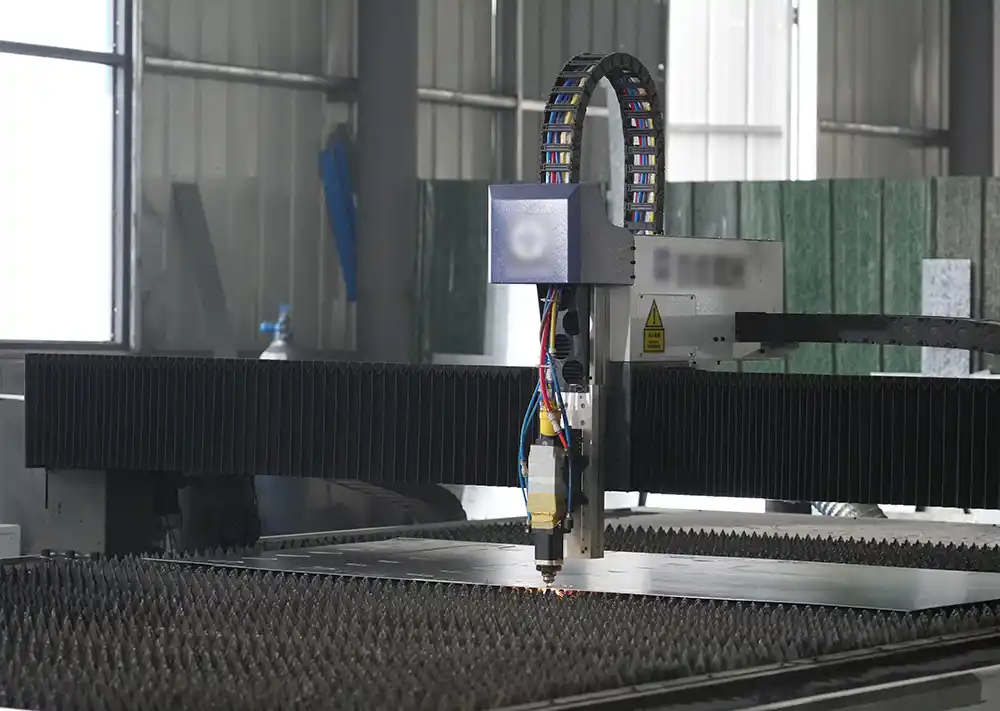Why do some products have to be customized
Customization of products is becoming more and more common in the modern consumer market, and the following are the main reasons why some products must be customized:
1. Meet individual needs
Personalized experiences: Consumers are increasingly seeking personalized products and services that reflect their unique personalities and needs. Customized products can meet this demand, so that consumers in the use of greater satisfaction and sense of belonging.
Brand loyalty: Through customization, companies can increase customer loyalty. Consumers are more likely to buy products that meet their individual needs and have a stronger emotional connection to the brand.

2. Market competition and differentiation
Product differentiation: In a competitive market, customization can help companies differentiate their products. By offering unique product designs or features, companies can stand out in the market and attract more consumers.
Increased added value: Customized products often have higher added value because they are not just simple copies of standard products, but are tailored to customer needs. This added value can be reflected in the price of the product and the willingness of consumers to buy it.

3. Support of technological progress
Application of advanced technology: Advances in networked production, high-speed data transmission and other technologies have made the production of customized products more feasible and efficient. These technologies reduce the production cost and delivery time of customized products, making mass customization possible.
Digital platform support: Online platforms and applications make it easy for consumers to participate in the product design and customization process. This convenience further drives the demand for customization.

4. Meet specific functional requirements
Professional use: Some products need to be customized for specific use scenarios or functional requirements. For example, products in areas such as medical devices, industrial machinery, etc., often need to be customized according to the specific requirements of customers to meet specific performance standards and operating environments.
Innovation and research and development: Customized products can become the carrier of enterprise innovation, through customization, enterprises can test new design concepts and technology applications, and promote product and service innovation.
In summary, the trend of product customization is driven by consumer demand, market competition, technological advances, and specific functional requirements. Customization not only enhances the market competitiveness of products, but also enhances the sense of participation and loyalty of consumers.
Selected Blogs
-
What customization services are available for metalworking customization?
2024-12-12
-
What Is The Difference Between A Plant Container And A Raised Bed?
2024-04-23
-
Garden Screening & Fence Panels
2024-04-23
-
Gardening pot selection tips
2024-04-17
-
The function and collocation of horticultural fire pot
2024-04-17


